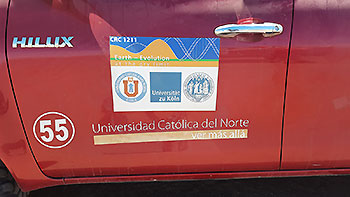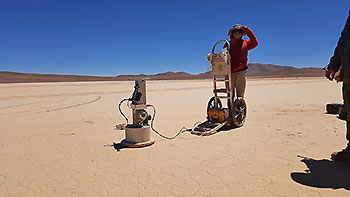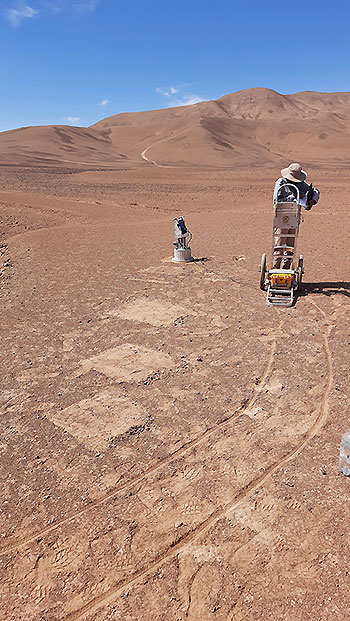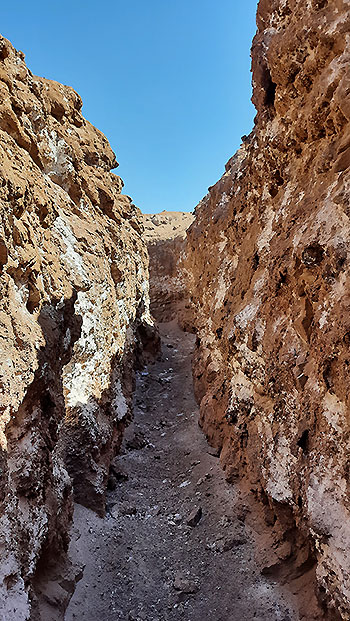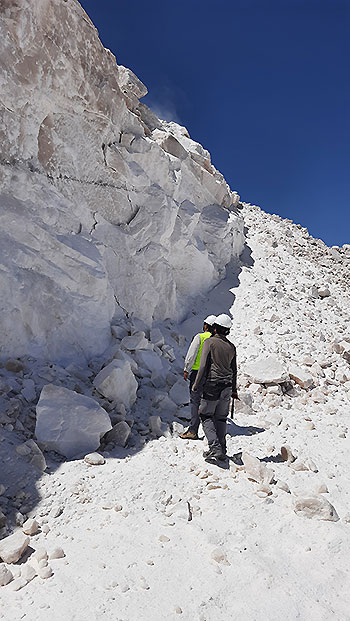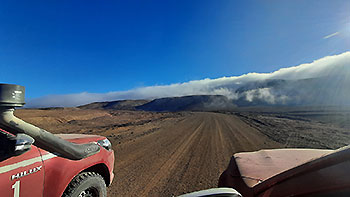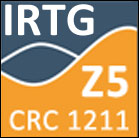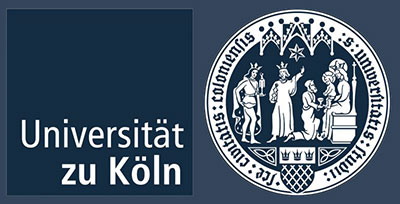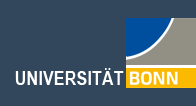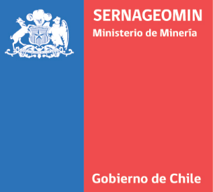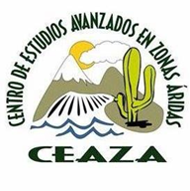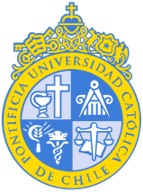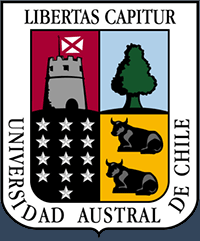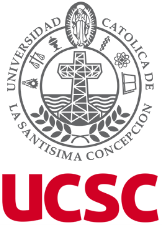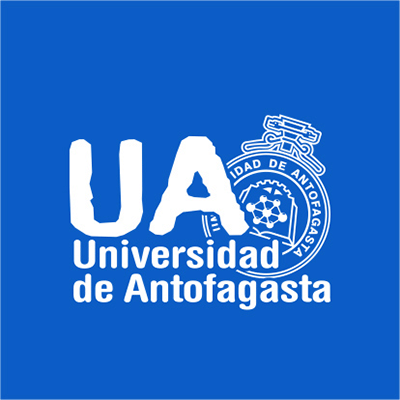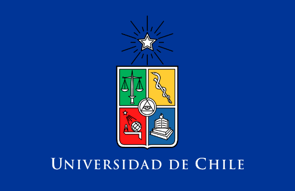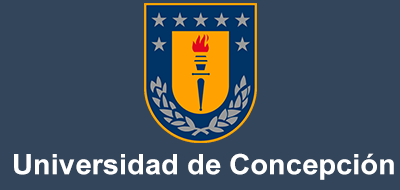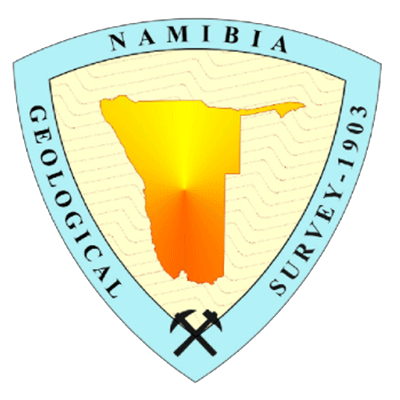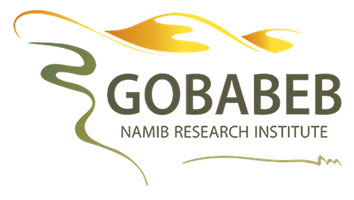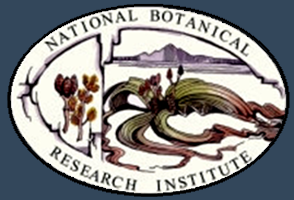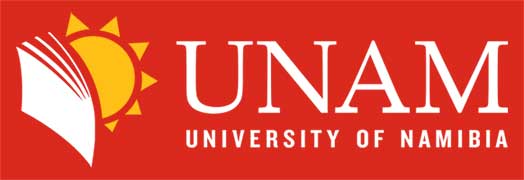Projects: A03, C04, C09, D02, D06
Between end of September and mid October 2022 a mixed group of scientists from the A03, C04, C09, D02 and D06 subprojects conducted a 21-day field excursion to the Atacama Desert guided by Dr. Benedikt Ritter and Dr. Damian Lopez. The group consisting of young researcher (two PhDs, five Post‑Docs) visited and conducted on-site experiments and sampling in all three focus areas of our CRC1211. With the collected samples and on-site data, we aimed to characterized the gradual change of aridity throughout the Atacama Desert. Major tasks focussed on extensive tephra sampling for our D06 Tephrochronology subproject, sampling of datable CaSO4 samples and silicates for U/Pb dating of the D02 subproject, on-site analysis of dust emission using a mini ‘tornado’ machine (PI-SWERL) on various intact and destroyed soil and surfaces, as well as soil and sediment sampling for the characterization of biological fingerprints on and in CaSO4 crusts and soil promoting surface stabilization. The campaign was rounded off with numerous samples for exposure dating and CaSO4 wedges from old surfaces increasingly threatened by destruction (by nitrate/iodine mining) and a visit including sampling to the Salar Grande salt mine Bahia Blanca.
The intertwining interaction of all scientific branches of our group led to lively discussions in the field and close collaborations of all fields within an interdisciplinary approach.
Author: Benedikt Ritter



